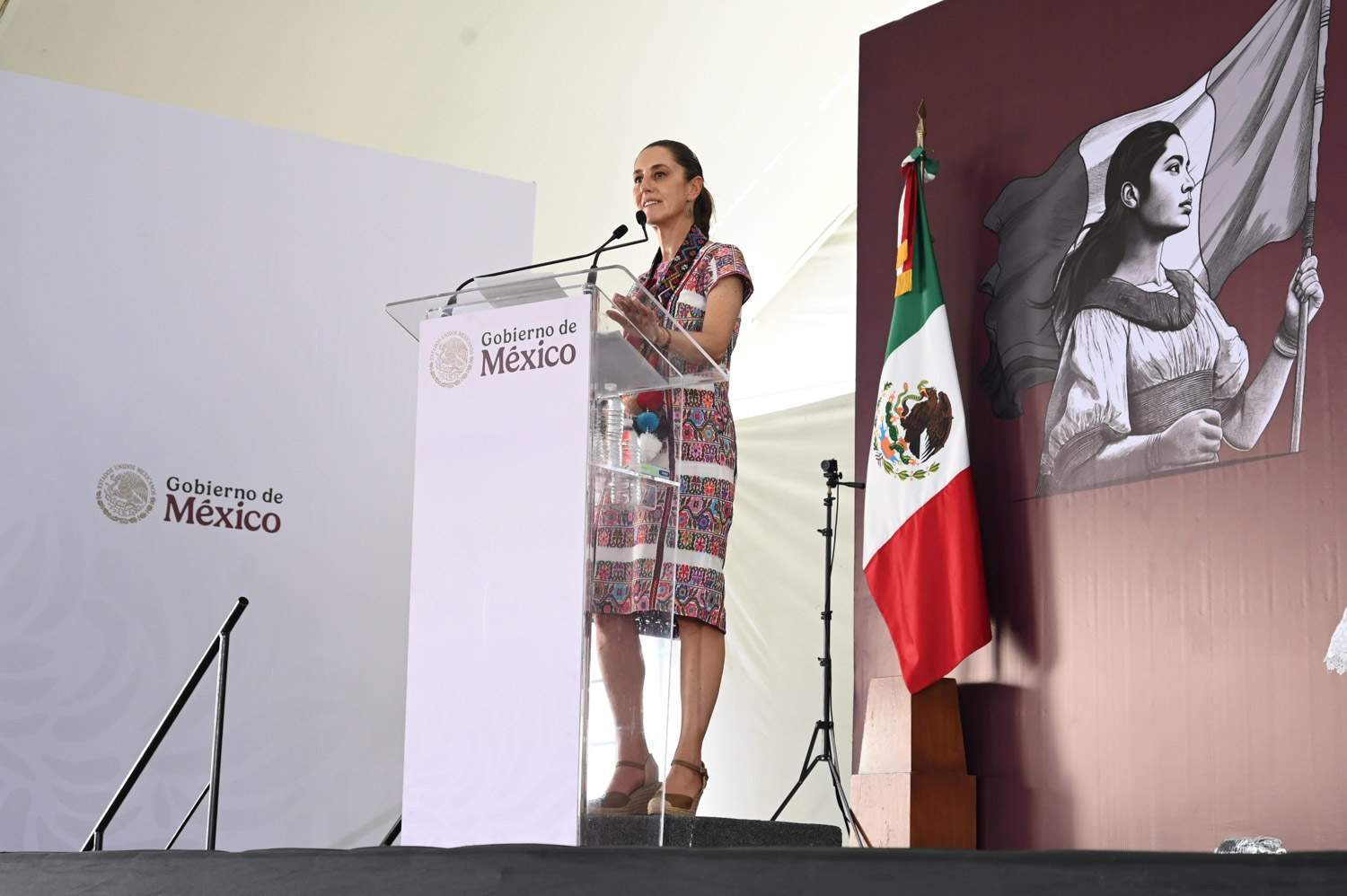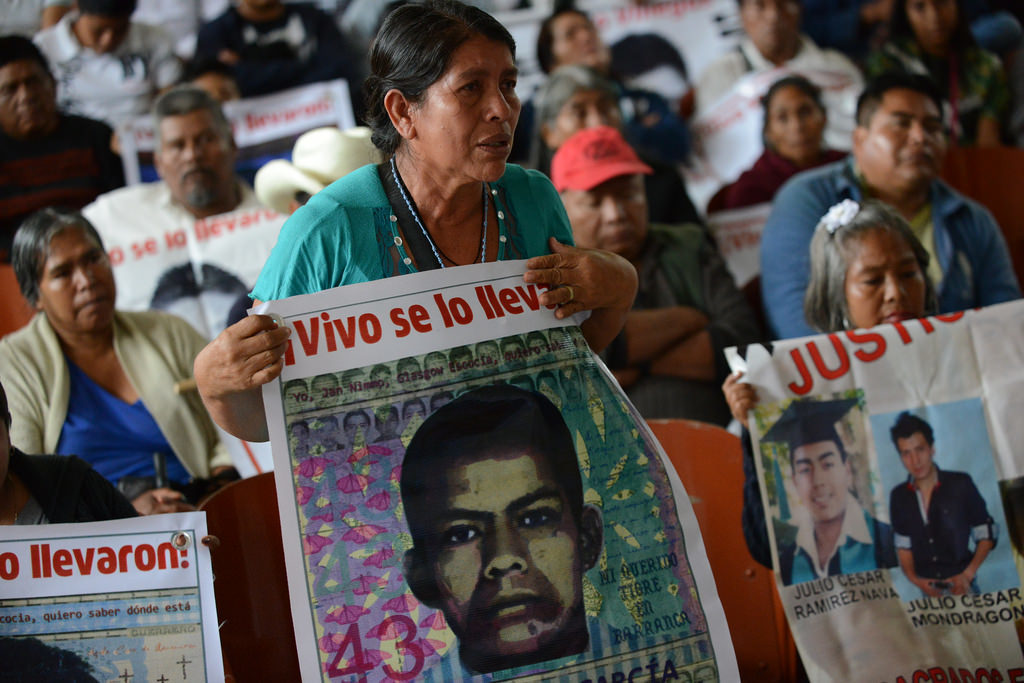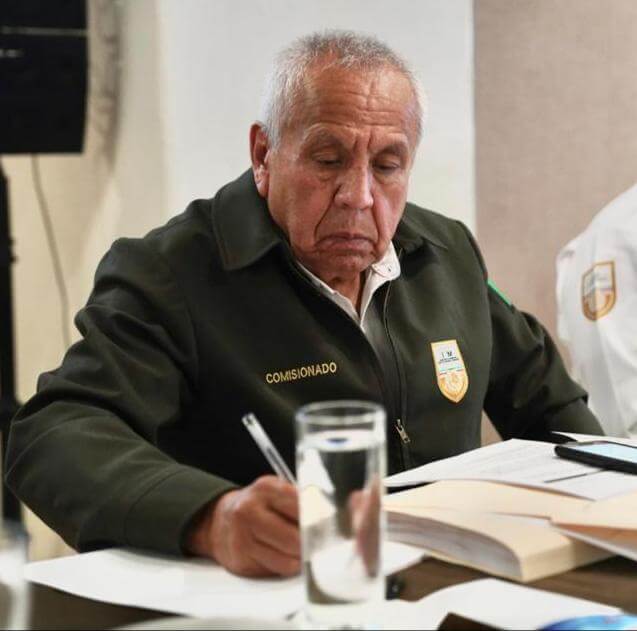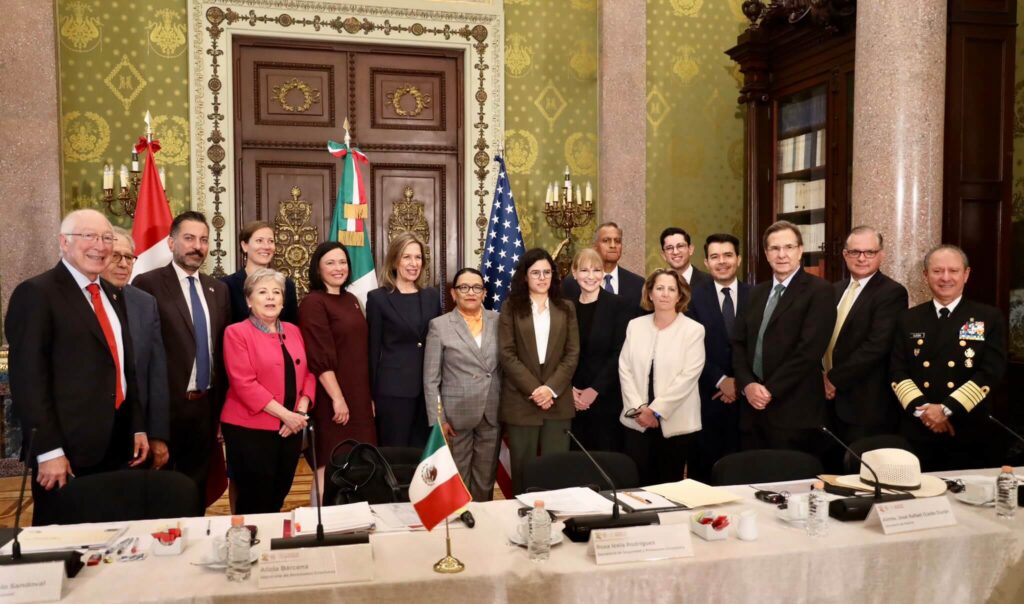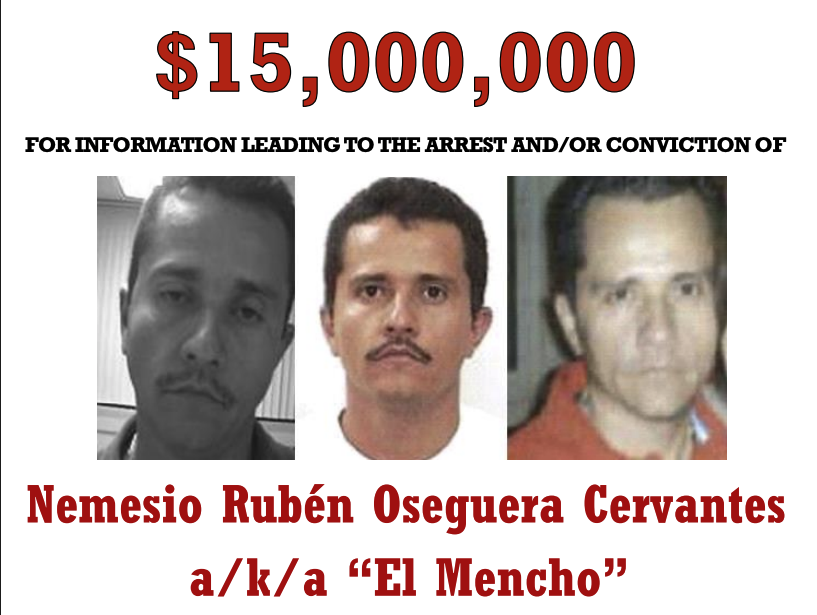Mexico City, Mexico – Mexican President Claudia Sheinbaum announced on Friday that her administration has outlined a contingency plan for Mexican nationals expected to be deported by the incoming United States President Donald Trump.
During her morning press conference, Sheinbaum announced jobs and social programs for ousted Mexicans if Trump decides to carry out his threats of mass deportations when he resumes power on January 20.
“We have been preparing to receive Mexicans who have a space at the border and in other places so that they can have access to social programs, employment, and be able to move within our national territory to return to their places of origin,” she said.
As Trump’s administration draws nearer, Sheinbaum’s has worked overtime to strengthen a network of the 53 consulates in U.S. territory to assist Mexican nationals living in the United States.
As stated by Mexico’s Foreign Minister Juan Ramón de la Fuente, the Mexican government has hired over 2,600 lawyers to protect Mexican immigrants’ human rights. The consular network is also working in partnership with social organizations, universities, churches, and other community groups.
Within Mexico’s efforts to appease Trump, Mexican officials have continuously emphasized the direct benefits reaped by the U.S. through Mexican immigration – both in terms of trade and workforce provided by Mexican immigrants.
On January 16, for instance, De la Fuente met with Arizona Governor Katie Hobbs, a state bordering Sonora in Mexico’s northwest. During the meeting, the Foreign Minister underscored how Arizona is the leading trading partner with Mexico, a relationship which amounts to USD $1.11 billion in yearly commerce and over 100,000 jobs.

As of today, Mexico remains the leading country of origin for immigrants in the U.S., representing 23% of all immigrants, according to the Pew Research Center.
Moreover, Mexican laborers contribute vastly to the U.S. economy, representing 8% of the country’s GDP, as stated by Foreign Minister De la Fuente, who reported that only 20% of the value generated by Mexican workers is sent over to Mexico as remittances.
“We have been working not only with the border states but also with all the states of the Republic to integrate this support strategy for Mexicans who arrive. In addition, all Mexicans can access this extraordinary support that we are providing through the consulates, whether for this or legal assistance,” said Sheinbaum.
Following a landslide victory at the general elections last November, Trump is poised to return to the White House for a second non-consecutive term on January 20.
South of the U.S. border, Sheinbaum remains cautious of her counterpart’s incoming tenure. “(We need) to wait and see what actions the U.S. government takes,” she said.


